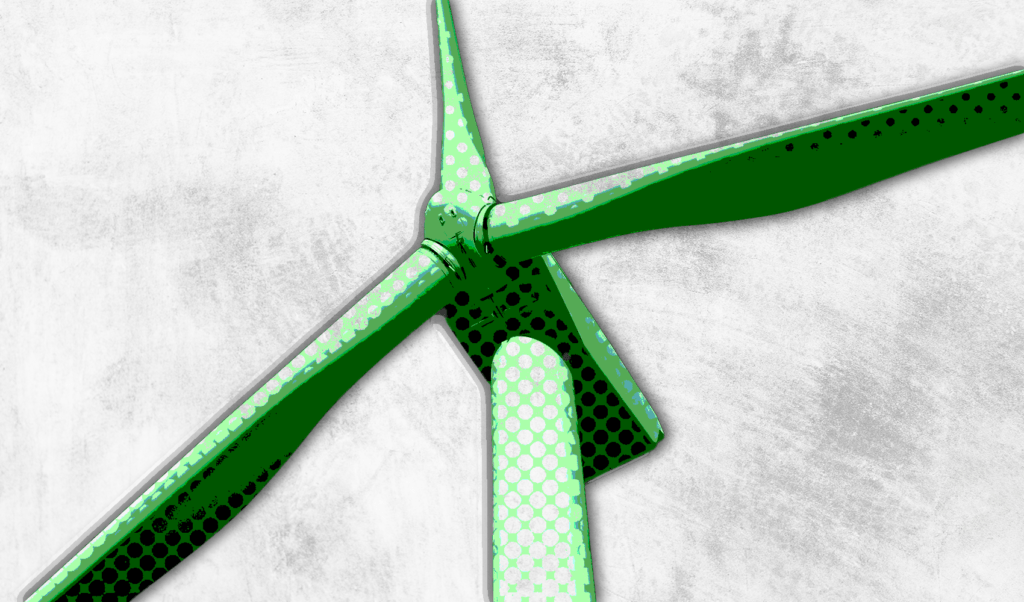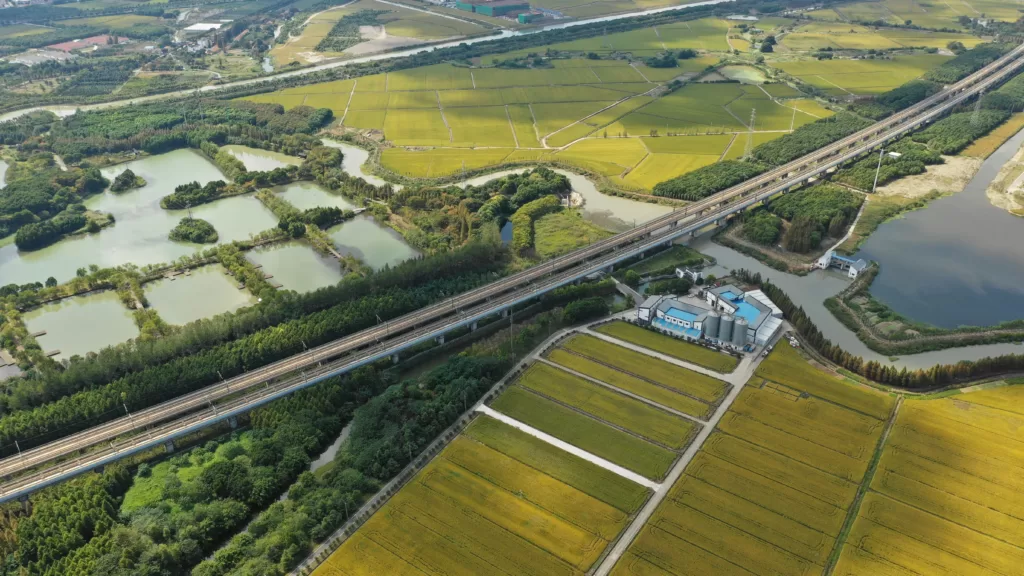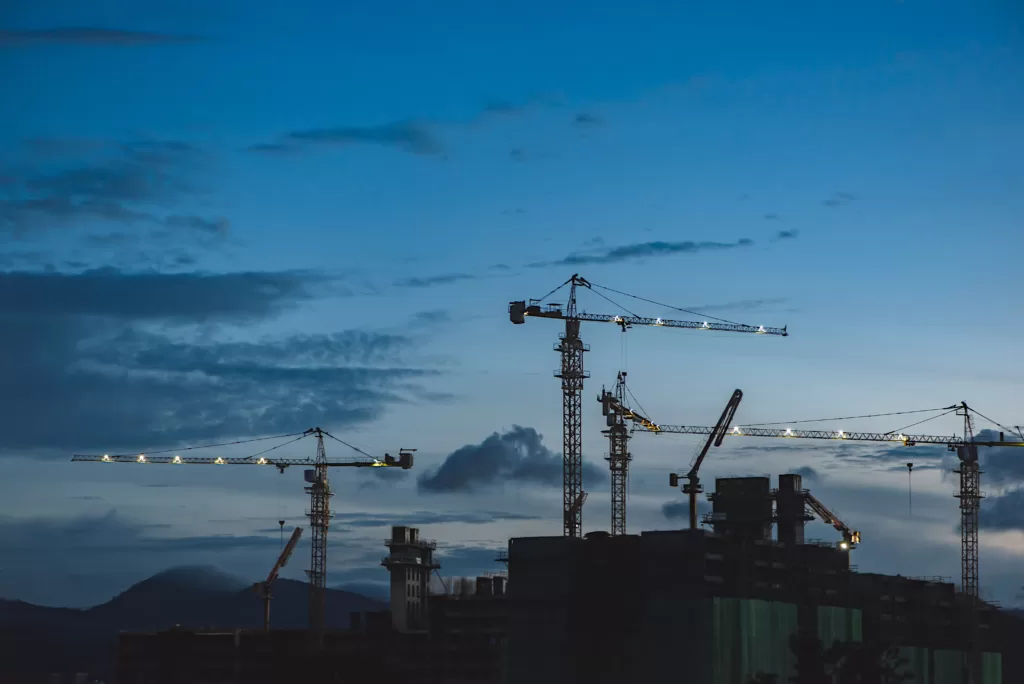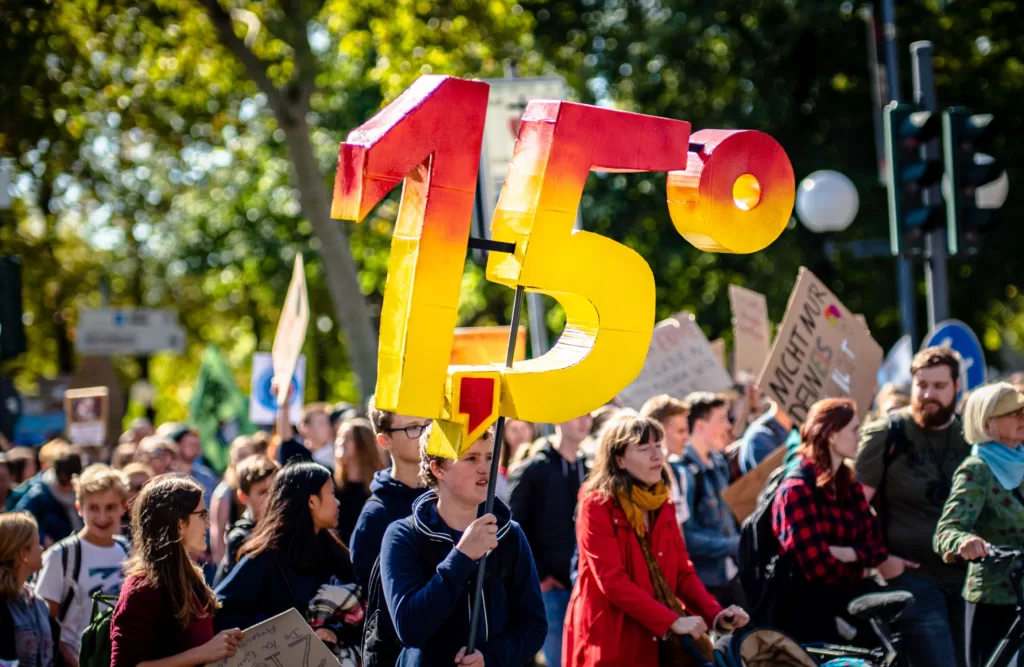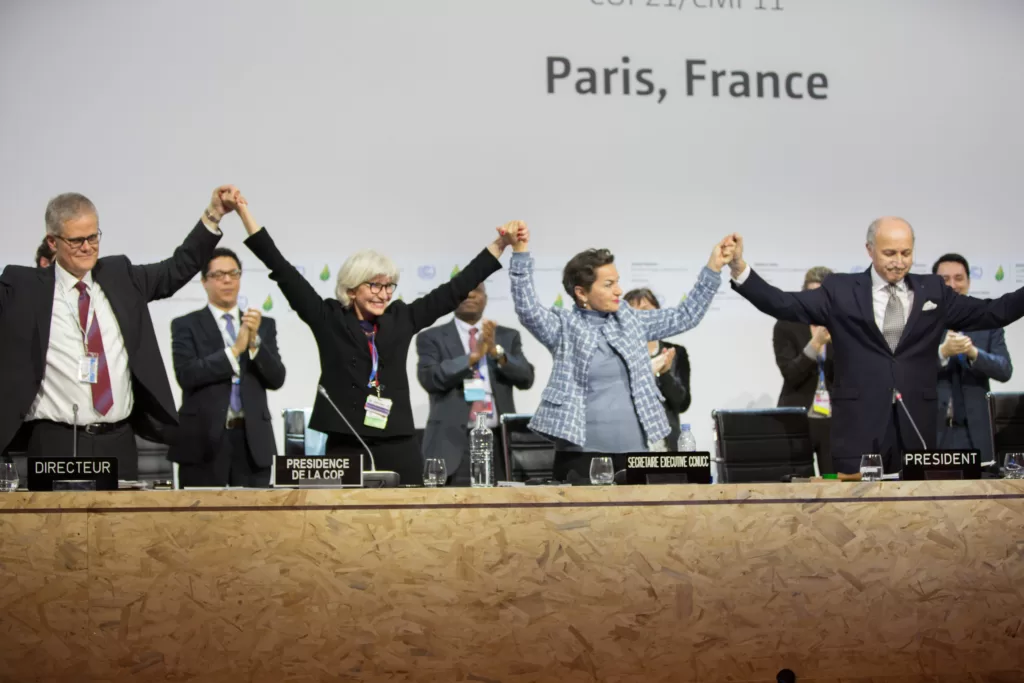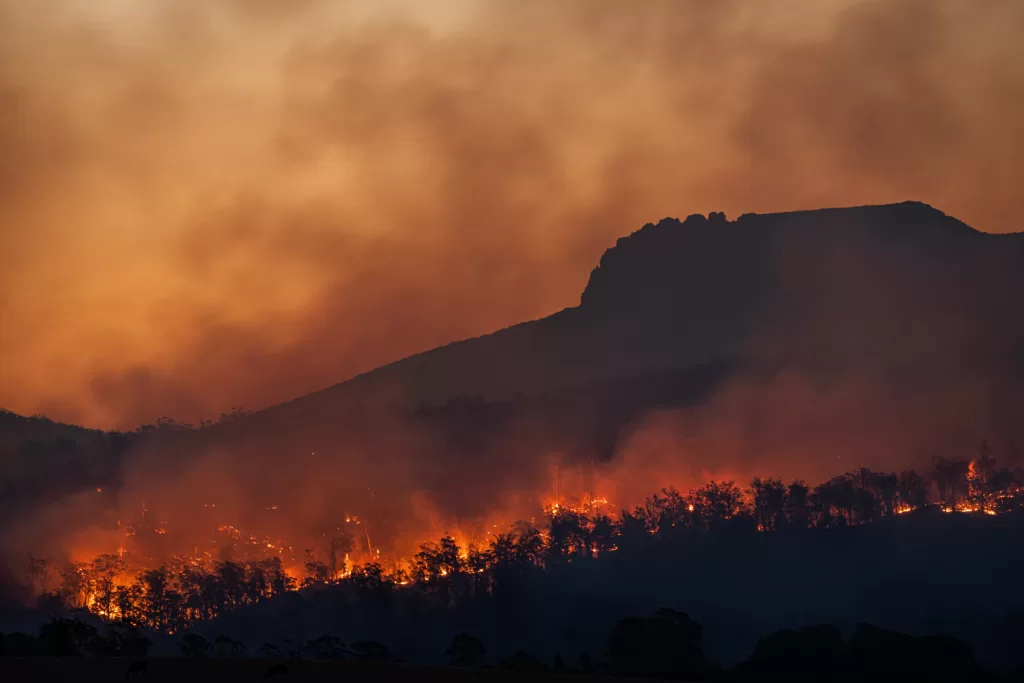To meet climate goals, countries will have to get far more ambitious and quickly. Here's what to look for at COP28.
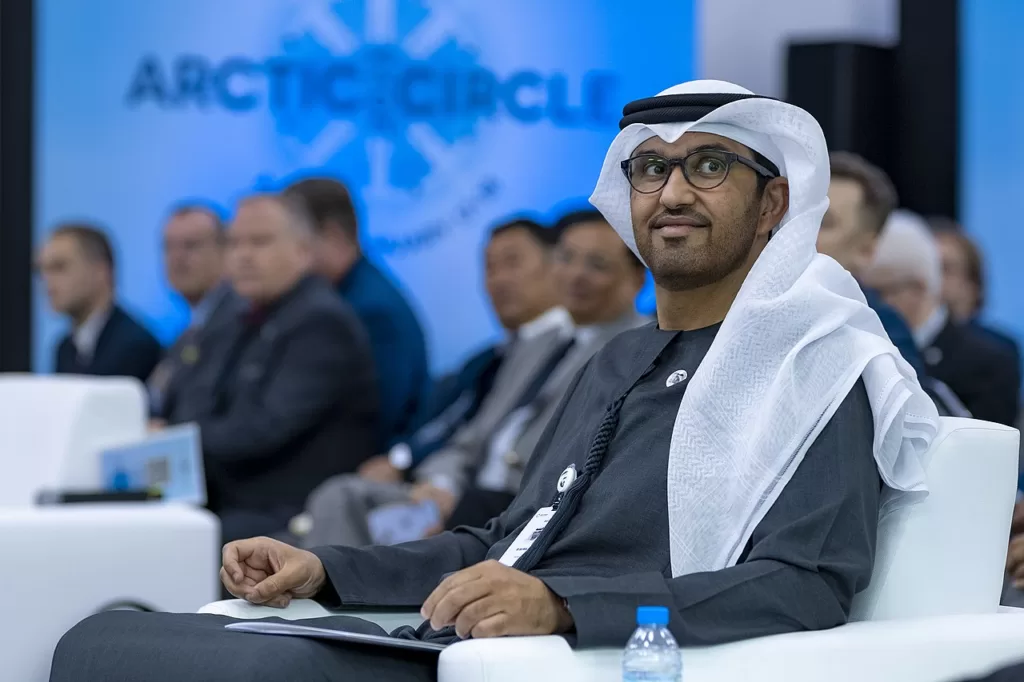 Sultan al Jaber, the United Arab Emirates’ COP28 President-Designate, will be helming complicated discussions in November. : Arctic Circle, Flickr CC BY 2.0 DEED (https://creativecommons.org/licenses/by/2.0/)
Sultan al Jaber, the United Arab Emirates’ COP28 President-Designate, will be helming complicated discussions in November. : Arctic Circle, Flickr CC BY 2.0 DEED (https://creativecommons.org/licenses/by/2.0/)
To meet climate goals, countries will have to get far more ambitious and quickly. Here’s what to look for at COP28.
The world’s premier climate change conference next month will be hosted by a country among those arguably with the most to lose from more ambitious climate action.
The global community is required to take ambitious actions to respond to climate change but host the United Arab Emirates might be one of those most challenged by the need to broker a faster shift away from high-emission fuels.
When COP28 — the United Nations Climate Change Conference — convenes in Dubai on 30 November, the crucial question will be how to balance the speed of energy transition and economic transformation against the needs of sustainable development and alternative energy sources.
After five years, the conference is returning to Asia, hosted by a country that is the eighth-largest global oil producer and is among the highest per capita emitters in the world.
But while the United Arab Emirates is happy to host COP28, it’s too soon to say whether such a rich country would be willing to reduce its absolute dependence on oil resources.
It’s also yet to be seen whether the UAE is willing to bring down its emissions in pursuit of a global goal, especially when many aspects of the Paris Agreement — a landmark climate treaty struck at COP in 2015 — are yet to become fully functional.
Although the UAE is a rich nation, it is connected to developing economies by climate change. It is a part of the Global South and a member of the G77 and China group.
The host nation’s political and ideological leanings on climate change align with countries that see climate change as a global challenge resulting from cumulative emissions, and also as one that affects their economic resources and infrastructure hugely and harshly.
For such countries, addressing climate change means bearing a massive cost to their economies, sacrificing their development to support a clean energy transition.
Just energy transition is not the only issue that will cause agitation at COP28.
The UAE, as holder of the COP presidency, will have to deal with four other major tasks: getting agreements on the Global Stocktake of climate action; building consensus on Global Goal on Adaptation; setting up the Loss and Damage Fund; and advancing climate finance commitments beyond 2025.
Discussions on finance will likely move slowly. The New Collective Qualified Goal of finance under the Paris Agreement is set to be finalised in 2024 and implemented in 2025, and there are still issues over raising money from multilateral development banks and the private sector.
However, the host country will have to ensure that the talks go beyond just reaffirming the existing USD$100 billion pledge.
An estimated USD$4 trillion a year needs to be mobilised by 2030 to support the clean energy transition.
Achieving the net zero goal by mid-century requires much more than that. The UAE will need to work with governments, as well as multilateral development banks and financial institutions, to enhance the scope and scale of climate finance.
The Global Stocktake and the Loss and Damage Fund, both of which have big implications for developing economies, will test the ability of the presidency to remain neutral while adhering to the principles of the Paris Agreement.
UAE recently attended the G20 summit in Delhi as an invitee and climate change and energy transition were discussed at length.
The G20 does not set the terms of negotiations for climate conferences, but it is hard to imagine that the COP28 host countries and other major players in climate are not influenced by it, given the grouping’s global power.
The G20 has recognised and supported the global emission reduction target reductions, as suggested by the Intergovernmental Panel on Climate Change, and called for a 43 percent reduction in emissions from 2019 levels by 2030.
It has also endorsed a global peaking of emissions by 2025 and backed the demand for scaled up finance — USD$5.9 trillion a year to meet the global net zero goal.
The G20 has underscored the necessity of developed economies meeting their commitments on climate finance at previous COPs, exhorting them to scale up contributions from billions to the promised trillions.
The first synthesis report of the technical dialogue on the Global Stocktake of climate actions was released in September 2023 by the UN Framework Convention on Climate Change secretariat.
The report says the pace of global emissions does not meet desired global mitigation pathways laid out in the Paris Agreement to achieve the temperature goal of 2 degrees Celsius below the pre-industrial level.
To stay below that maximum temperature, every country needs to do a lot more and effectively transform all sectors of the world economy.
But the Global Stocktake dialogue report is silent on what might be done to bridge the widening gap between the existing efforts of countries and the options that can be adopted in time for the next cycle of Nationally Determined Contributions in 2025.
The fractured debate over future action and on the formulations that emerged from the G20’s Delhi Declaration mean the presidency might find it difficult to seek more concessions on the fossil fuel phaseout beyond those agreed in Glasgow in 2021.
In Glasgow, parties agreed to phase down unabated coal-based energy but left other fossil fuels like oil and natural gas untouched beyond subsidy reduction targets. In 2022, the G20 adopted the same language.
There are no meaningful signs that developed economies have tweaked or peaked their emissions substantially since Glasgow. The strains on the global energy system and costs imposed by the Russia-Ukraine war make it doubly difficult to negotiate an immediate scaling down of conventional fuels. A reduction on conventional fuels would be difficult to achieve unless renewable energy is rapidly and significantly scaled up globally.
Both the Clean Energy Ministerial of major economies and the G20 have recently raised the possibility of setting new global targets. Options raised include tripling global renewable energy capacity and doubling energy efficiency rates by 2030.
There is an expectation within the oil industry that the UAE might seek support for carbon capture storage technologies as a way of balancing its emissions from oil production and use it as a condition for agreeing to such targets.
India has been generally suspicious of carbon capture and storage technology because of its cost and doubts over technical feasibility.
Technological progress has been slow and is yet to make any dent on the energy system.
However, promising initiatives on clean technologies have emerged, including the Green Hydrogen Innovation Centre under the purview of the International Solar Alliance. A Global Biofuel Alliance has also been launched by the G20.
If recognised at COP28, these initiatives might boost international efforts to produce, trade and use low or zero-emission fuels. But all of these are likely to make an impact only in the medium or long term.
With the Global Stocktake sending a message that the world is not on track to meet the climate change challenge, the UAE as host of COP28 will have its task cut out.
It will need to assure the world that even as an oil producer it is willing to put its weight behind the technologies and policy choices key to achieving emission cuts and use its prestige as host to achieve consensus on increased climate finance for developing economies.
RR Rashmi is Distinguished Fellow at The Energy and Resources Institute (TERI), New Delhi and a former Indian climate change negotiator.
This article is being republished as part of a series on COP28. It was originally published October 19, 2023.
Originally published under Creative Commons by 360info™.


